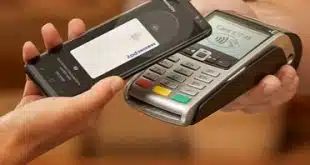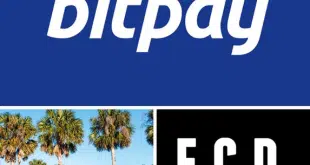The first merchant to sign up for an Internet-based payment system that relies on consumers' online-banking programs and settlement through the automated clearing house network says the system appeals to customers who are fearful of entering credit card details on Web sites. The merchant also hopes the new system will ease transactions for customers accustomed to using credit and debit cards. Spencer Chesman, founder and chief executive of West Pittston, Pa.-based igourmet.com, tells Digital Transactions News he hopes NACHA's Secure Vault Payments online-payment program will let the high-end specialty-food merchant make sales it would otherwise miss out on. “There are some potential customers on the sidelines we can get,” he says. “There are people who just won't shop online because of that credit card security issue.” Because igourmet doesn't store credit card data, the site requires card customers to re-enter their information each time they check out. Chesman fears customers may find this process burdensome, and for some it may only exacerbate security fears. “We've had a clamoring from customers about their trepidations about entering their credit card data,” he says. He says the merchant doesn't store these data in compliance with the Payment Card Industry data-security standard (PCI). Chesman says igourmet, which he says earns between $15 million and $20 million in revenue annually, has examined a number of alternative-payment systems to ease customers' security concerns and streamline transactions. The merchant already accepts PayPal, and to promote Secure Vault Payments it is offering 20% off on all sales customers make using the method. It is getting about two transactions a day, he says, though he notes only a few banks have so far gone live with the program. “Given that it's such a small footprint [in terms of number of participating banks], that's impressive,” Chesman says. “As more banks get on the dropdown menu, we expect customer uptake to increase.” NACHA's online-payments pilot, which went live March 31 and is expected to run 18 months, signed an agreement this week with its third merchant, Apple Vacations, which plans to go live with the program this summer. Apple does $600 million annually in online revenue. The second merchant to sign is Wickedwhoopies.com, a vendor of desserts and snacks. About 20 merchants altogether are committed to participate, NACHA officials say. In addition, Samantha Carrier, senior director for advanced payment solutions at NACHA, says 35 banks in the Synovus Financial Corp. holding company are now live on the system as authorizing and sponsoring banks and are expected to begin promoting it to their online customers by June. Columbus Bank & Trust Co., a Synovus bank, was the first institution to participate and sponsored igourmet into the Secure Vault Payments network. In Secure Vault Payments, authorizing banks are consumers' banks, while sponsoring banks are those that sponsor merchants into the network. Payments are handled through the automated clearing house system, for which Herndon, Va.-based NACHA is the governing body. Since they are authenticated by authorizing banks, transactions are guaranteed to merchants. So far, the Secure Vault Payments system has been switching transactions primarily for employees of NACHA and other system “stakeholders,” Carrier says, as the pilot ramps up. In the Secure Vault Payments system, a consumer who chooses this option to pay at checkout chooses her online-banking program and is redirected to a log-in page for that program. After she authenticates herself, she is presented with a payment page summarizing the details of her purchase or bill payment. If she authorizes the transaction, she is directed back to the merchant's site and the switch instructs the merchant that it has good funds and can ship merchandise. The program levies an interchange rate of 1.35% on merchant payments and a flat fee of 50 cents on bill payments, payable by acquirers to authorizing banks. Although Chesman finds Secure Vault Payments' acceptance cost appealing compared to credit card discount fees, he says the program's security and authentication features carried more weight in the merchant's decision to adopt it.
Check Also
Affirm Expands Credit Reporting And Adds Adyen U.K. Clients
Installment-payments specialist Affirm Holdings Inc. will include all of its products in data sent to …





